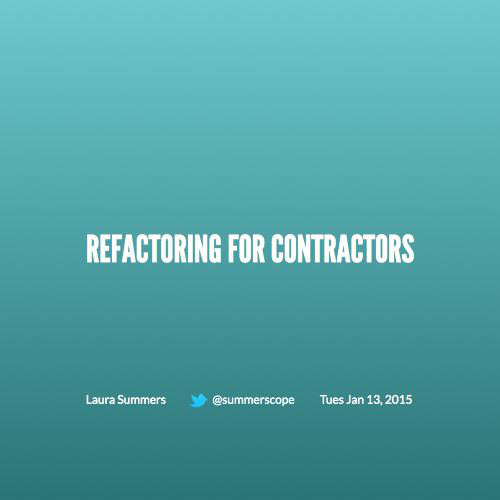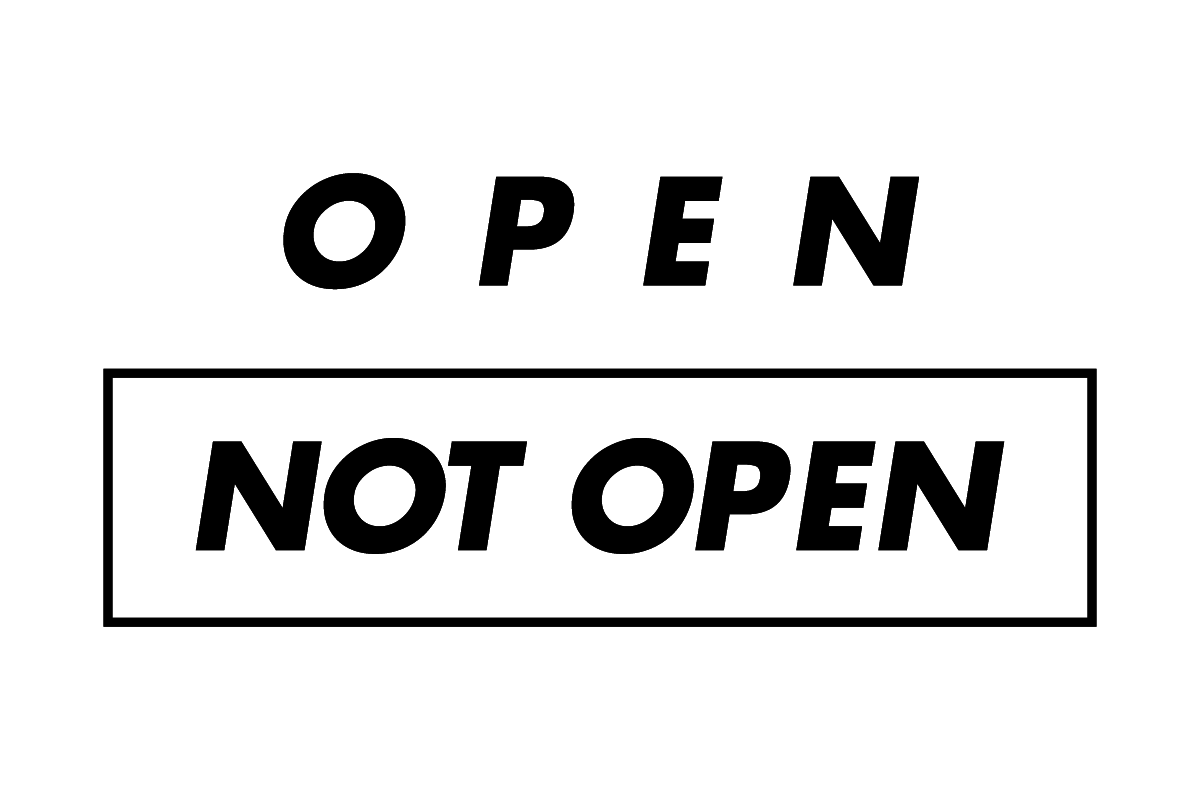
How open is our 'Open Data' policy?
"...and this transparency creates a better society for all people. Better scrutiny leads to reduced corruption and stronger democracies in all society’s institutions, including government, corporations and other organisations..."
Open Government
As defined by Pia Waugh - GovHack founder
pipka.org/2009/07/08/gov-2-0-where-to-begin-part-1-of-3/
3 main principles:
Open and transparent decision making
engaging citizens directly in the processes of decision making, whether that be political (eg – policy or legislative development) or bureaucratic (eg – planning a new piece of public infrastructure). This improves public trust in government as it becomes open for scrutiny and oversight.
1.

Citizen-centric services
government agencies (and services) engaging with citizens based on their individual needs, which can mean leveraging information such as their location, type of help they need, perhaps even personal information. This means citizens are given the right information, from the right person, in a single place.
2.

Access to government information
ensuring all government information that can be made available (excluding data with privacy, security or commercialisation implications) is available to the general public. This will encourage public and private innovation on top of government data, to the benefit of the society and economy.
3.
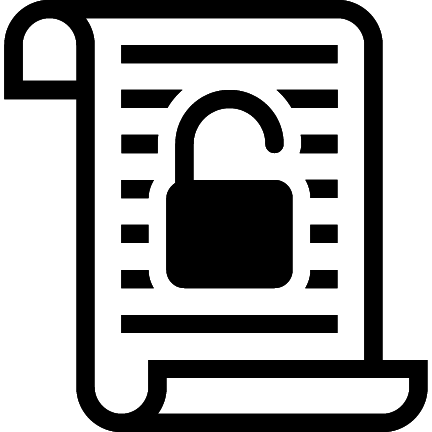
Ok, so reality check
What does Open Data actually look like right now?
We wanted to do a visualisation of MYKI fines over time and location, cross referencing POS availability."
Anecdote #1
Maybe this could look like...
Anecdote #1
Anecdote #1

Anecdote #1
Sorry, you can't have that data...

We wanted to graph Freedom of Information request refusals vs grants, but we can't even understand the table..."
Anecdote #2
Can you?
Anecdote #2
Anecdote #2
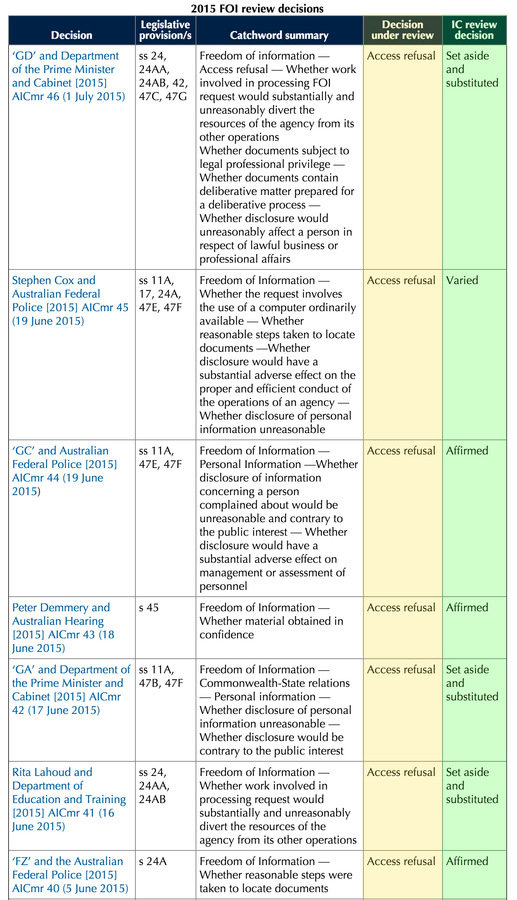

Other countries are better at this...
Anecdote #3
The UK has a hundred percent transparency according to global rankings looking at public access to official data.
http://www.bbc.com/news/uk-30883472
Web inventor Sir Tim Berners-Lees organisation compiled the report. Eighty-six countries were assessed for how easy their governments make it for state information to be analysed.
Read the world wide web foundation report: http://barometer.opendataresearch.org/report/summary/
Anecdote #3
Australia on the other hand, (despite its considerably smaller population size), is only at 68.33. Out of the seven datasets accessed that hold governments accountable, Australia made available only two.
Anecdote #3

Right now...
The law is toothless
Freedom of Information
- Only requirement is that government departments reply to a request
- No enforcement or support for citizens if reasonable requests are not granted
- No ramifications for non-compliance
Freedom of Information
- Departments currently avoid publishing any potentially embarrassing or unflattering data by dragging their feet
- Is access to information a privilege or a right?
- Should the government be held accountable for non-compliance? Should we as citizens have a recourse if there is a compelling use-case for the data?
Want to take action?
1. Make a FOI request
2. Suggest a dataset
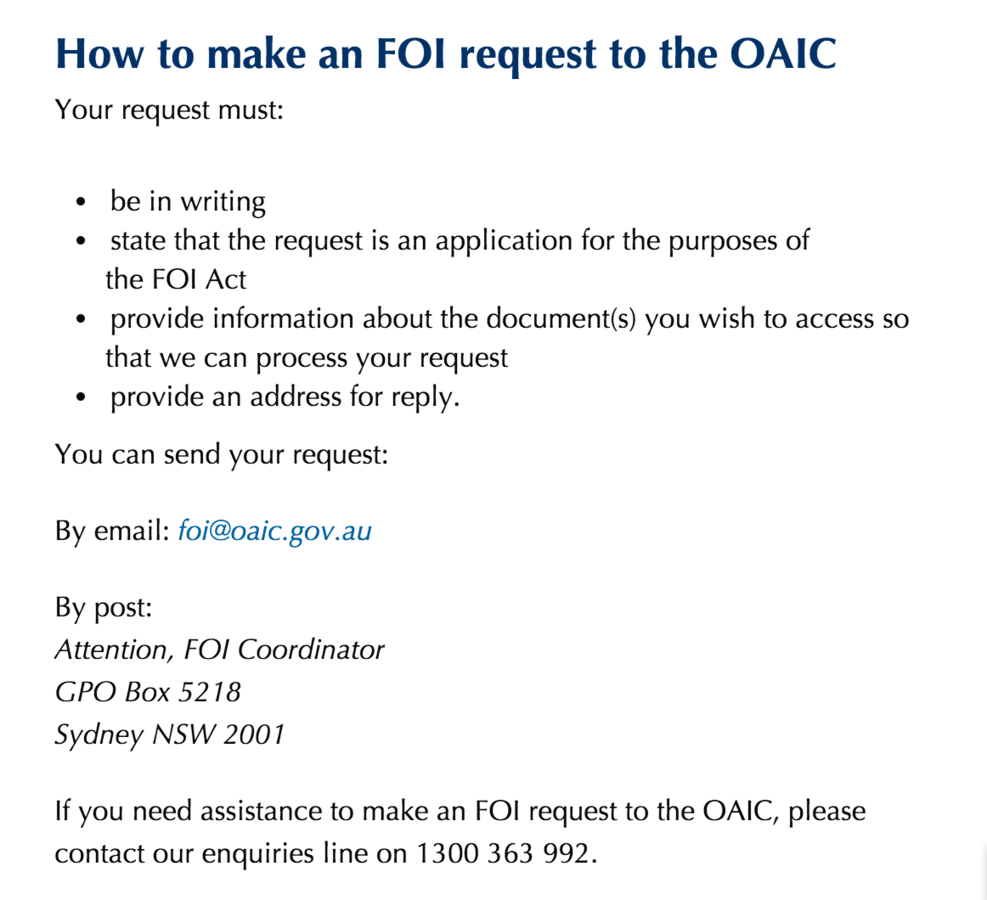

Open, not open
By summerscope
Open, not open
Looking at the bigger picture - Open Data & Australian Government
- 1,890


